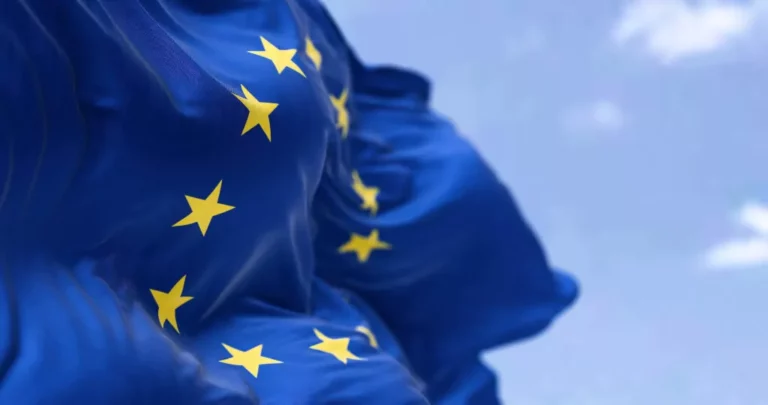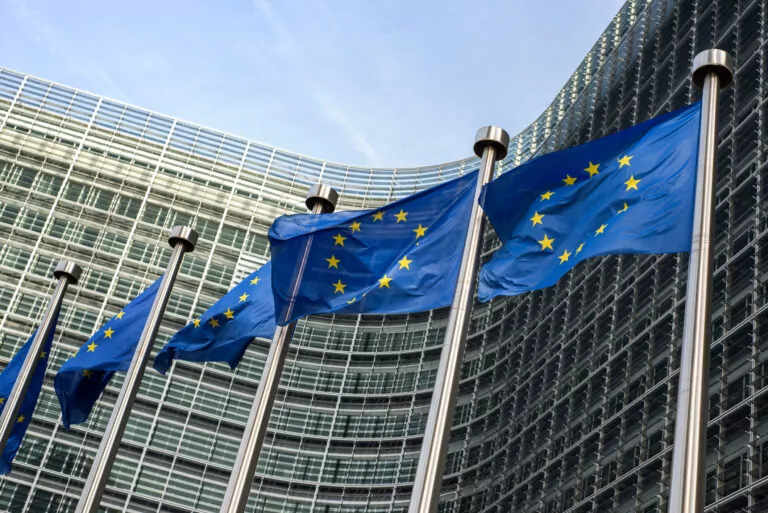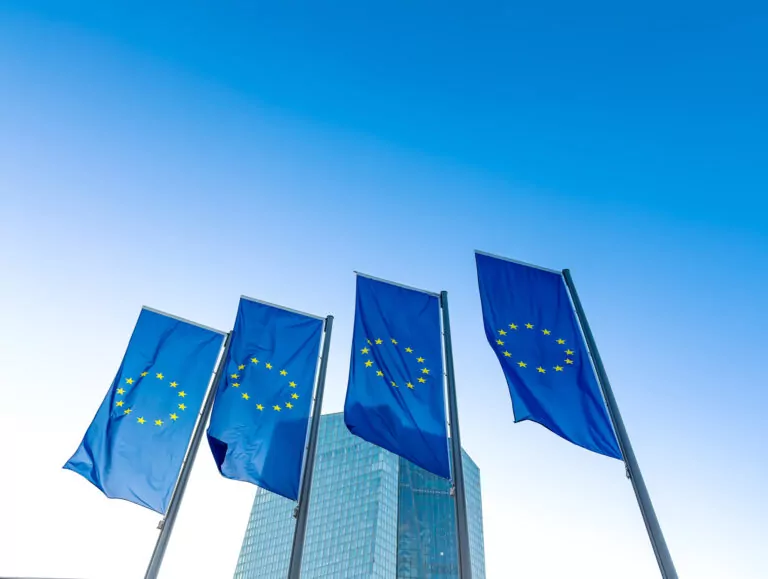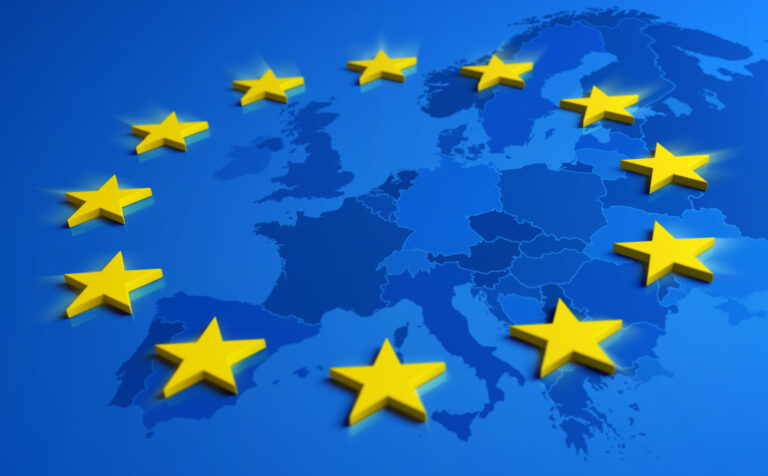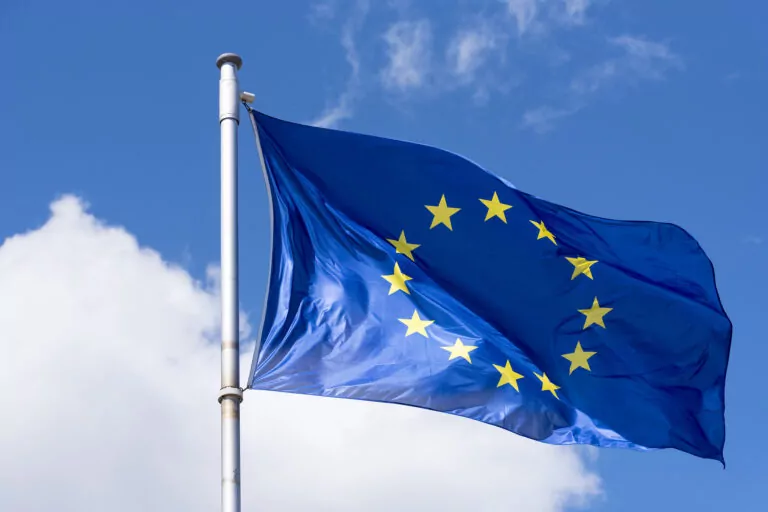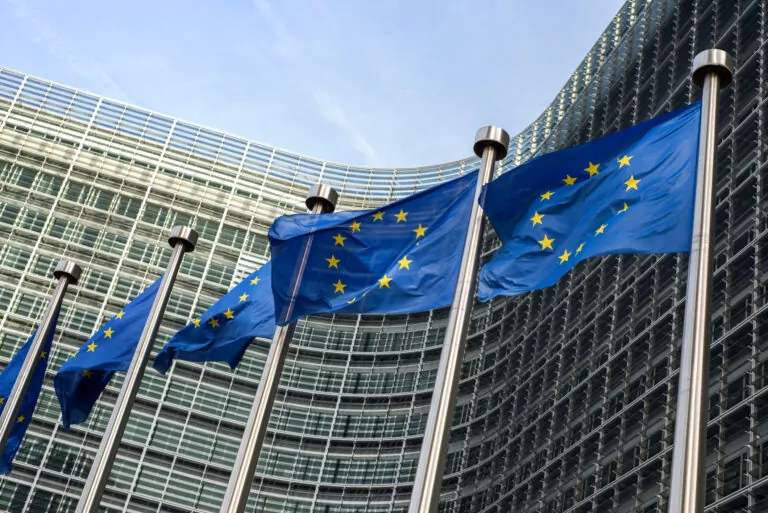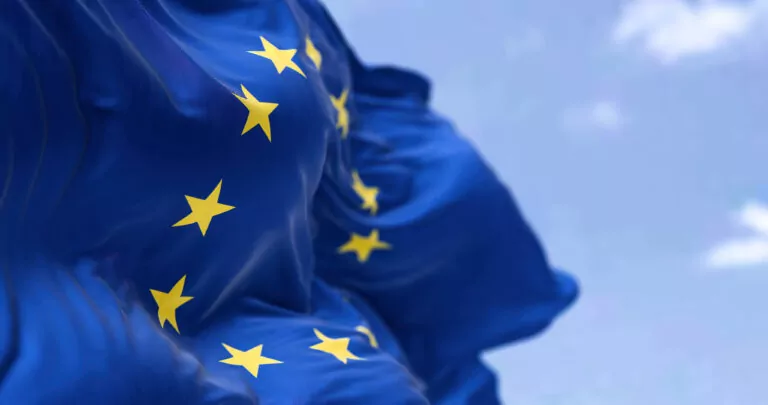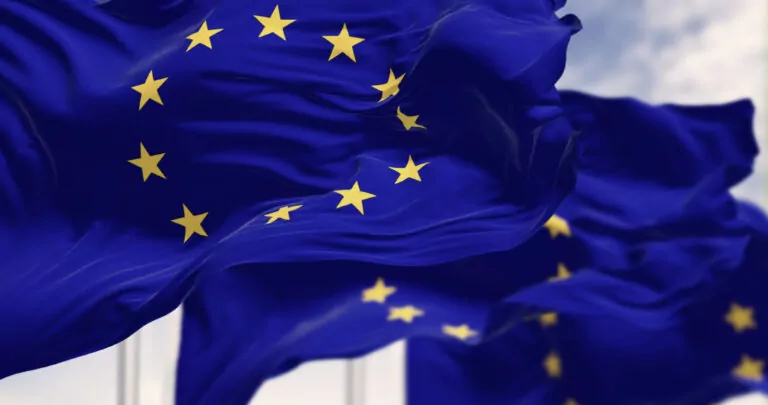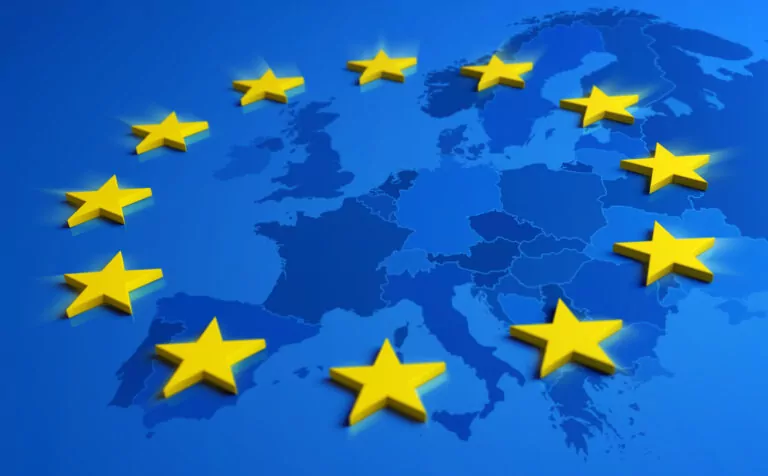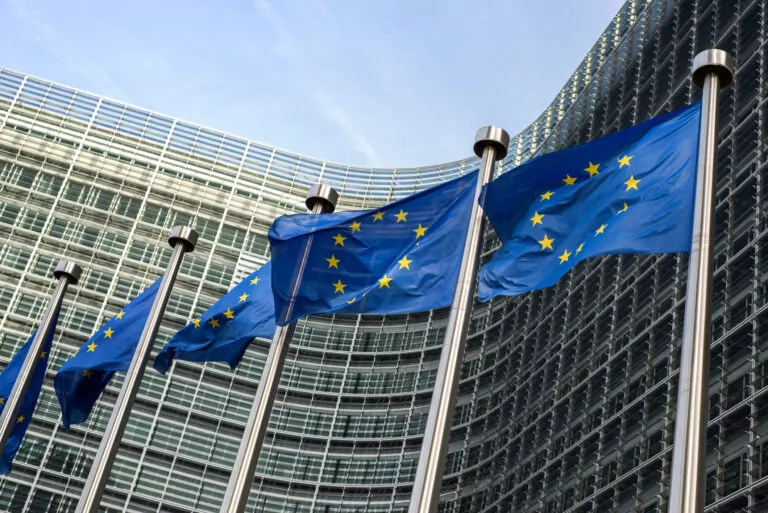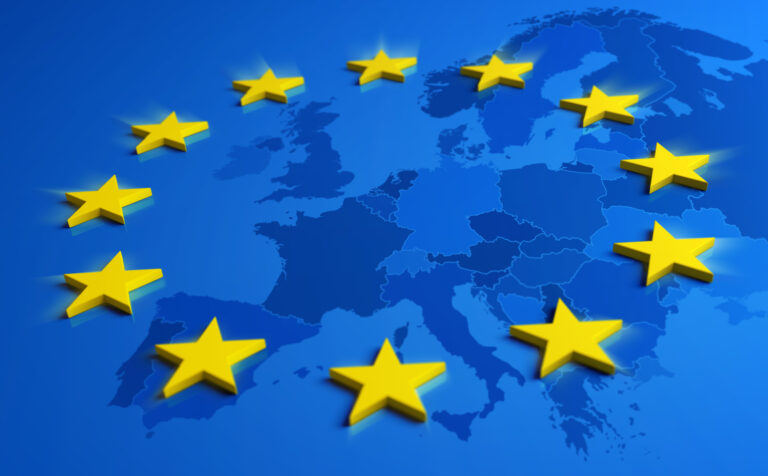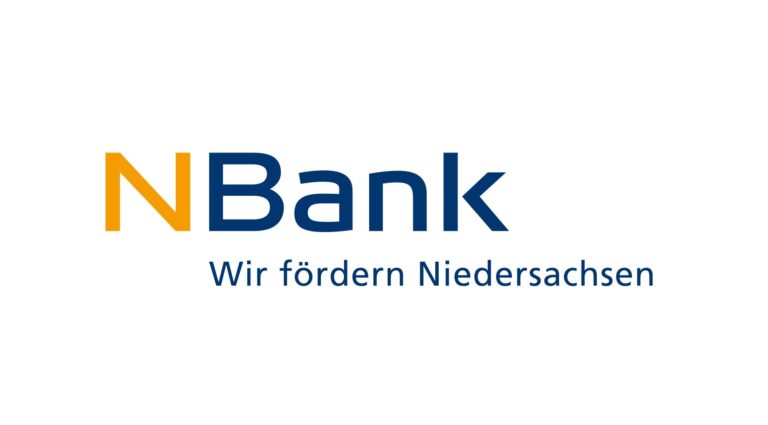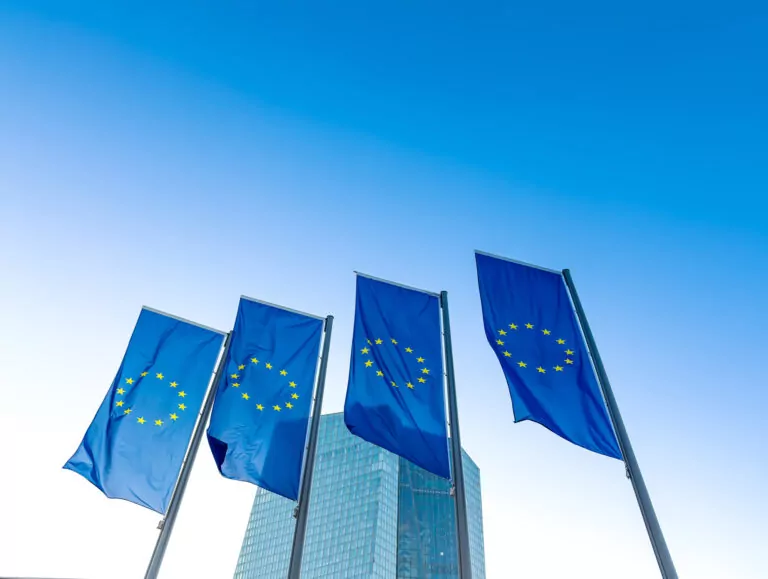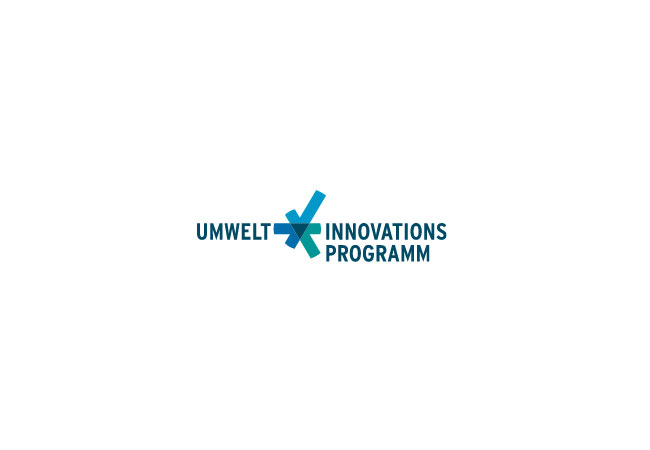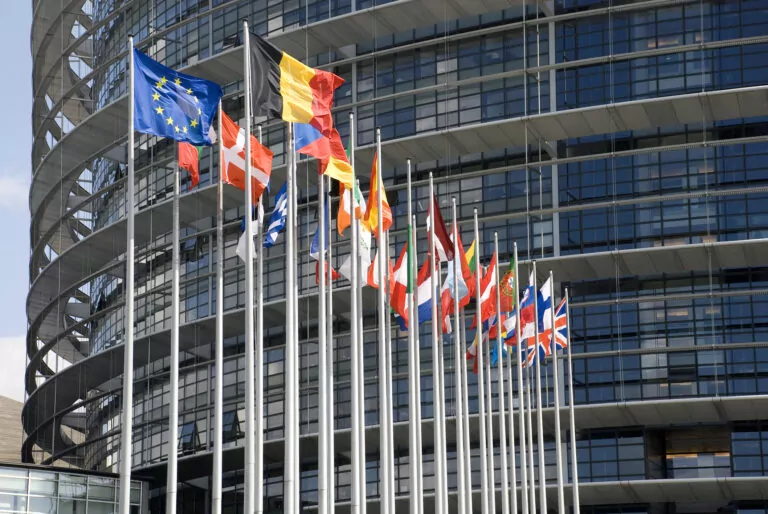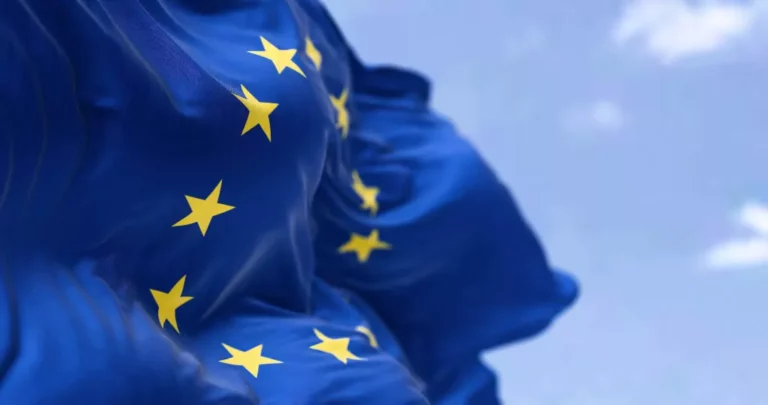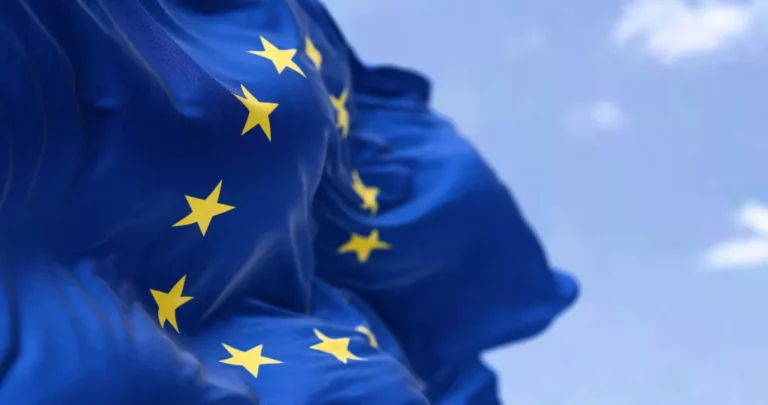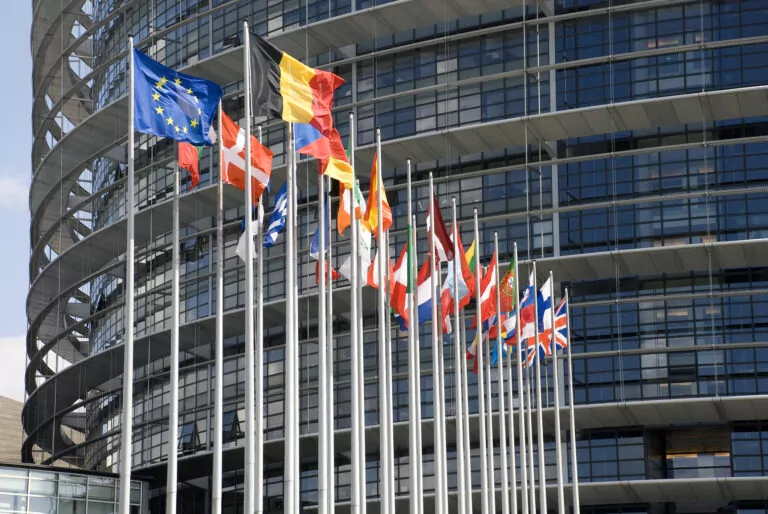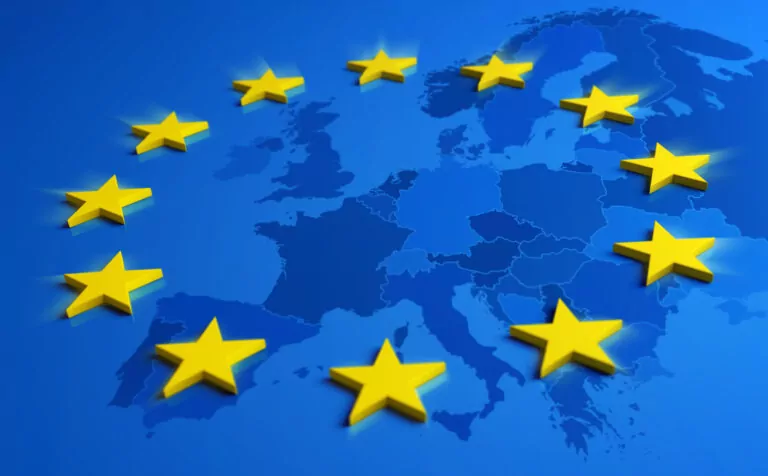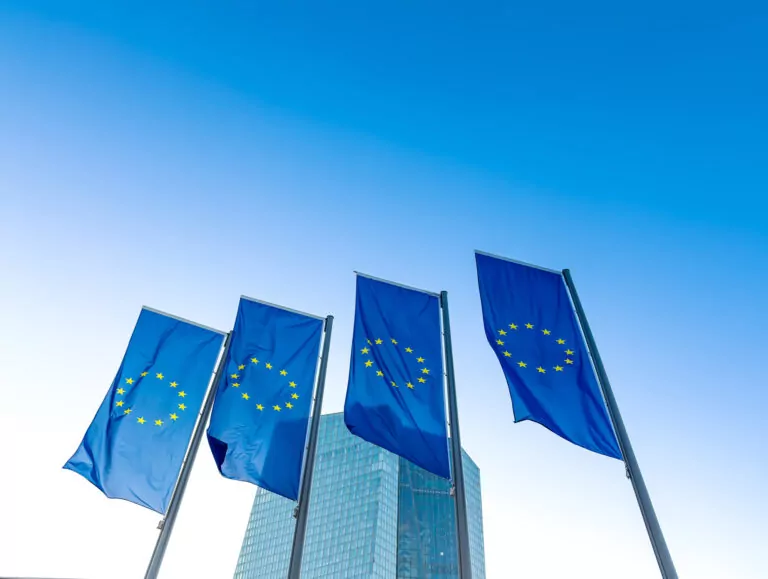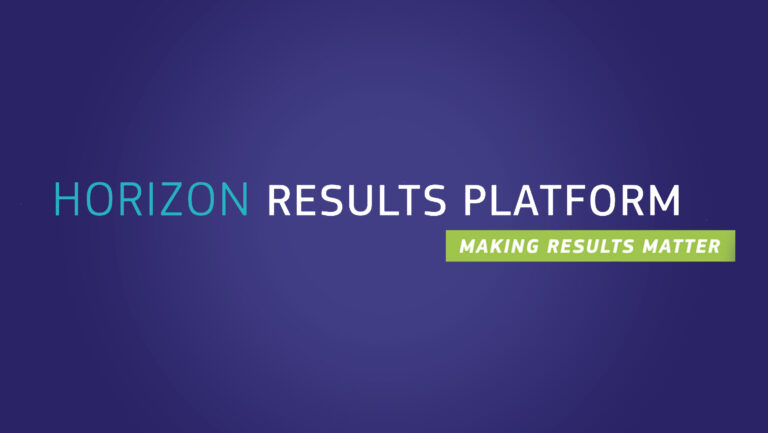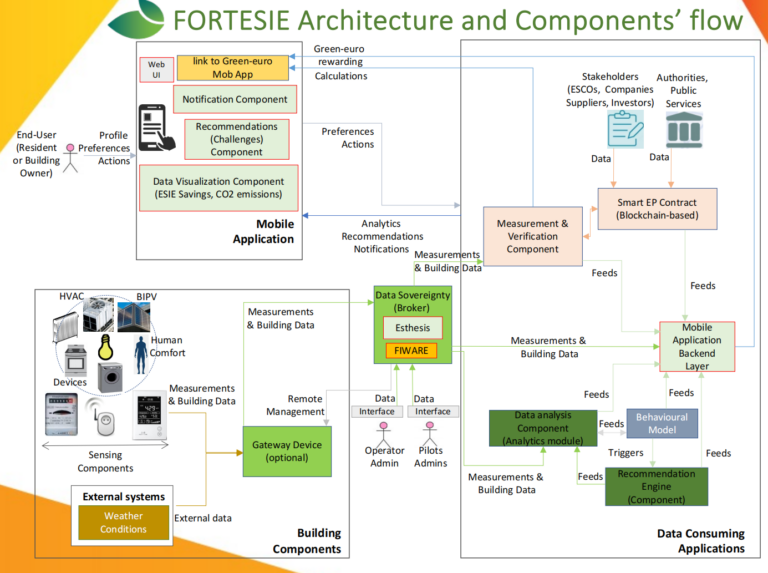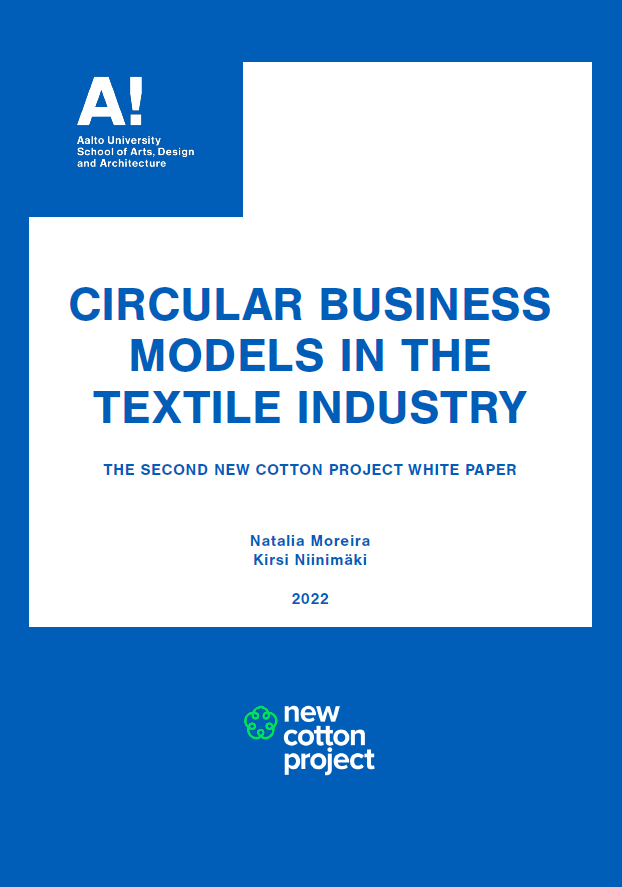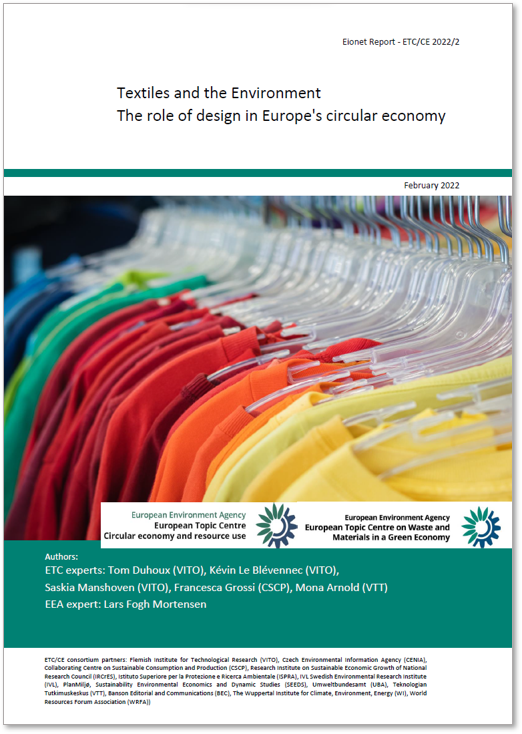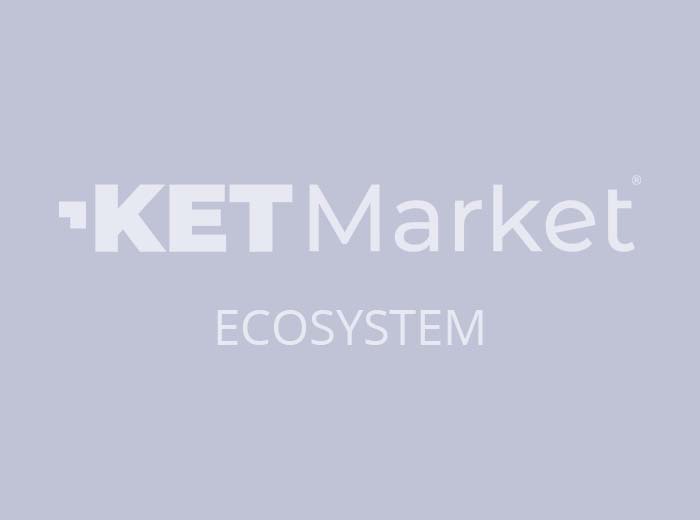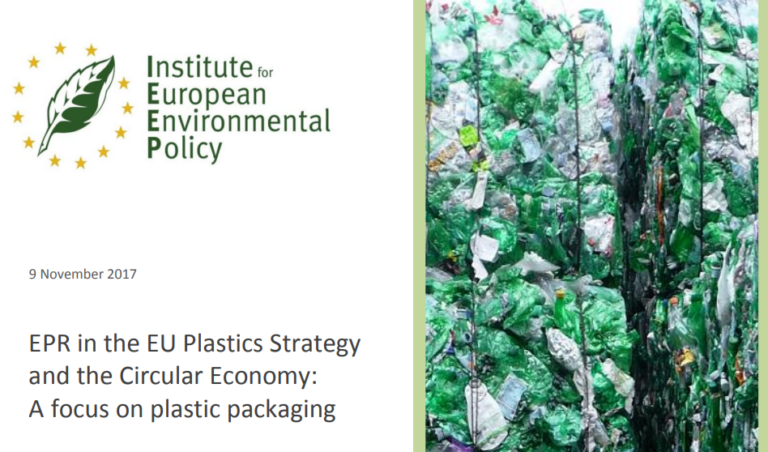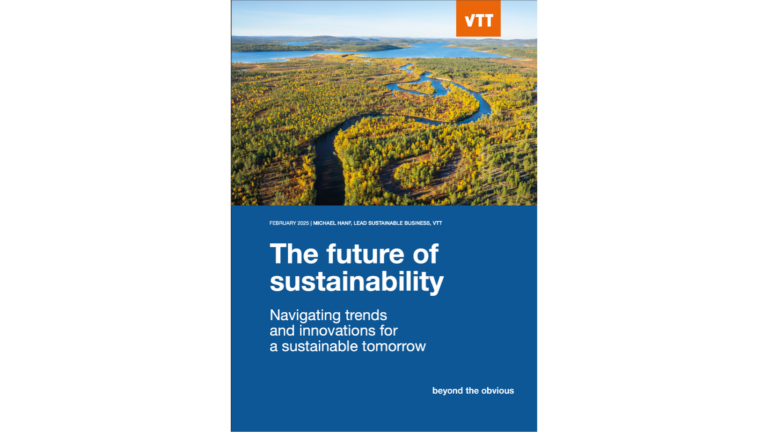Add to favorites:
Share:
Expected Outcome
In line with the EU 2050 climate neutrality objective, the circular economy action plan (CEAP), zero pollution action plan, the EU biodiversity strategy and the EU industrial strategy, a successful proposal will contribute to the expected impacts of this Destination related to innovative circular and bio-based materials, products, processes and value chains and to innovative business and governance models to reduce resource consumption environmental impact.
Project results are expected to contribute to all of the following expected outcomes:
- SMEs are equipped to overcome key barriers and challenges in the green transition and to implement requirements of relevant EU policies to mitigate climate change, reduce pollution emissions to air, water and soil, to protect, restore biodiversity and sustainably use ecosystem services or to reduce environmental degradation;
- significantly more SMEs are engaged in sustainable business practices and management practices, have improved their environmental performance and offer innovative circular and bio-based materials, products, processes, or services enhancing industrial competitiveness, resilience, and resource independence;
- sustainable circular business practices are taken up and diffused.
Scope
Under this open topic, proposals should address common but also new, upcoming, or unforeseen challenges to the green transition of SMEs through innovative, disruptive and sustainable solutions. Proposals should identify and analyse key barriers for the sustainable and circular transition of SMEs and develop and demonstrate innovative solutions. If they relate to some of the topics covered by Horizon Europe Calls ‘Circular economy and bioeconomy sectors’ 2021-2022 or 2023-2024, the proposals should convincingly explain how they will build on and not duplicate them.
Solutions can be innovative products, processes, services, or also plans and arrangements. These solutions can include but are not limited to the following examples: new business models (e.g. regenerative), collaborative governance and organisational approaches, development of tailored transformation plans, the identification, development and communication of meaningful set of metrics and indicators, environmental management and reporting tools or others. Proposals can also include the use of digital solutions e.g. digital product passports (DPP), Artificial Intelligence (AI) or digital assistants enabled by Generative Artificial Intelligence. Proposals should analyse the required skills and include skill development activities for current and future employees of the SMEs.
Proposals should demonstrate the feasibility (e.g. economic, technical), environmental performance and utility and transferability of the developed and demonstrated solutions, notably to address climate change mitigation, biodiversity or environmental remediation aspects related to the sustainable and circular transformation of SMEs. The demonstrations of the innovative solutions should be done in a large-scale operational environment with strong involvement of SMEs. The first deployment of the solutions and the validation of their utility can be demonstrated at territorial, sectoral or value chain context. Nevertheless, the solution should be transferable, and the proposal should include the effectively replication in other contexts.
Successful proposals should address the requirements of EU policies relevant to the green transformation of SMEs, if suitable also national or regional strategies, and consider demands from business partners, as customers, to advance their related commitments. Proposed solutions should be concrete and user-friendly to lower the administrative burden for SMEs. This includes adopted, and planned legislation such as the Corporate Sustainability Reporting Directive (CSRD), Ecodesign for Sustainable Products Regulation (ESPR), Green Claims Directive, the Eco-Management and Audit Scheme (EMAS), EU taxonomy, best available techniques standards and technology developments like digital product passports (DPP). Proposals should also include the development of policy recommendations that support the widespread adoption of the validated solution and use of new knowledge in the development and revision of regulatory frameworks.
Successful proposal should build on the publicly available achievements and findings of related previous national or EU-funded projects as well as collaborate with existing public organisations, e.g. the Enterprise Europe Network, Innovation Centre for Industrial Transformation and Emissions (INCITE) or the EU pact for skills initiative. It is expected that SMEs or SME associations are participating in the consortia, to ensure applicability and dissemination of the results. The engagement of non-governmental organisations, small-scale initiatives and suitable industry or industry associations is encouraged.
Partner Requests
Explore Real Collaboration Opportunities
🔍 As a logged-in member, you now have exclusive access to all active Partner Requests for this Funding Call.
See who’s looking for collaborators, explore exciting project ideas, and discover how others are planning to make an impact.
💡 Use these insights to get inspired—or take the next step and start a request of your own (3 entries for free).
Log in or registrate here for free.
You must be logged in to submit or manage a partner request.
Ask our experts about this call
Connect with the Listing Owner!
💬 Please log in now to send a direct message to our experts and ask your questions. Not a member yet? Sign up for free and start connecting today!
Related Funding and Finance Opportunities
Unlock Exclusive Funding Opportunities!
🔑 Get instant access to tailored funding opportunities that perfectly match your needs. This powerful feature is exclusively available to our premium members—helping you save time, stay ahead of the competition, and secure the right funding faster.
Upgrade to Premium now and never miss an important opportunity again! Already a premium member? Log in here to explore your matches.
Related Innovation Offers
Related Knowledgebase Resources
Discover More with Premium: Related Knowledge Resources
🔒 You’re missing out on expert-curated knowledge specifically matched to this topic. As a Premium member, you gain exclusive access to in-depth articles, guides, and insights that help you make smarter decisions, faster.
Whether you’re preparing a funding proposal, researching a new market, or just need reliable information—our Premium knowledge matches save you hours of research and point you directly to what matters.
Upgrade to Premium now and instantly unlock relevant knowledge tailored to your needs! Already a member? Log in here to view your personalized content.
Access Restricted
This funding opportunity is only fully available to premium members.

